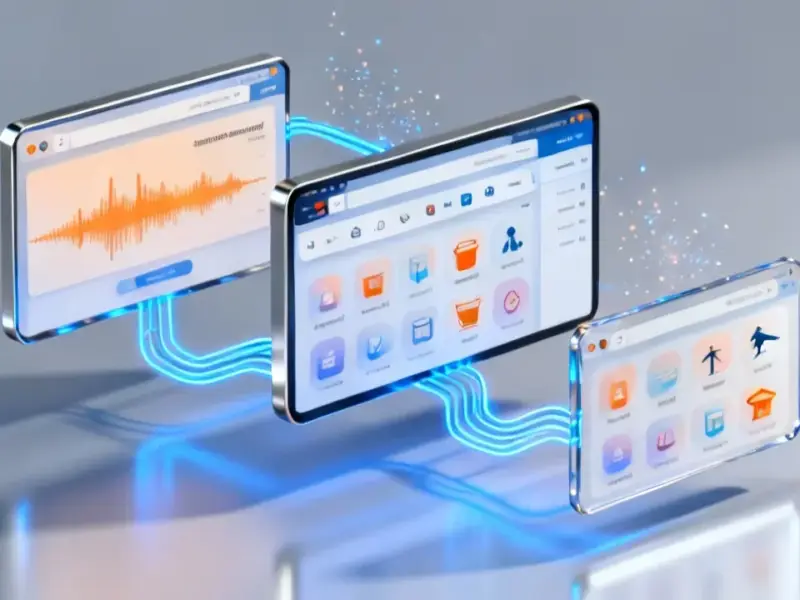According to Forbes, the global payments landscape is undergoing a massive transformation as AI and blockchain technologies converge. Boston Consulting Group projects payments revenue will hit $2.4 trillion by 2029, driven by agentic AI, digital currencies, and real-time payments. Companies like Bankr, Olas Pearl, and TON’s chat wallet ecosystem are leading this shift by creating conversational payment systems that live where users already spend time. Bankr turns social handles into wallet logins, allowing users to execute transactions through simple chat commands. Meanwhile, Salesforce predicts that by 2030, personal AI agents will handle everything from scheduling to financial management. PayPal itself is responding with stablecoins and AI fraud detection, signaling even legacy players recognize this fundamental shift.
The PayPal moment for crypto
Here’s the thing about Bankr – it’s not just another crypto wallet. It’s basically turning your social media presence into a payment terminal. You’re chatting with friends about a game, someone says “Bankr, place 50 on the Eagles,” and boom – the transaction happens right there in the conversation. No switching apps, no complicated wallet setups, no seed phrase nightmares.
And the safety features are actually impressive. They turned a security check into a public demo by trying to buy a known fake token – the agent refused and explained why. That’s how you build trust in an industry that desperately needs it. Danielle Brown-Wolf calls this “the PayPal moment for crypto,” and honestly? She might be right. PayPal made payments as simple as email. Bankr is making them as simple as tweeting.
AI agents that work for you
Now let’s talk about Olas Pearl, which takes this a step further. It’s an AI agent marketplace where you can basically create your own digital employee. You set a goal, configure what you want it to do, fund it, and it operates independently while staying under your control. Every action is recorded onchain, so there’s complete transparency.
David Minarsch from Valory told Forbes they see a future where everyone has their own on-chain AI agent managing money and decisions. This isn’t about replacing people – it’s about giving them digital teammates. Think about all those repetitive financial tasks like invoice matching or subscription management that still require manual work today. Pearl could automate all of that with verifiable results.
Chat-native economies
But maybe the most fascinating development is happening inside Telegram with the TON wallet ecosystem. Goodies, a Telegram mini app, is blending collectibles, brands, and payments in one place. They sold out sticker packs from Kung Fu Panda and Pudgy Penguins in seconds, and there’s already a thriving secondary market.
Danny Wheeler from Goodies calls it “the world’s first chat native economy.” And honestly, that’s exactly what it feels like. You’re not just buying digital art – you’re participating in culture. When someone sends one of these stickers, they’re sharing ownership, not just an emoji. The friction is basically zero, which is why it works.
Where this is all headed
So what does this mean for the future of payments? Basically, we’re moving away from checkout pages and toward conversations. Your social feed becomes your payment hub. AI agents handle your financial workflows. Chat and culture merge into commerce.
PayPal isn’t sitting idle either – they’re experimenting with stablecoins and AI-driven systems. But the real innovation is happening at the intersection of social platforms and blockchain. The next PayPal won’t be a better button on a website. It’ll be an intelligent agent that lives where you’re already hanging out, turning your casual conversations into secure financial actions.
And here’s the kicker – this shift could have implications far beyond consumer payments. Think about industrial applications where secure, automated payments need to happen between machines and systems. Companies that specialize in industrial computing hardware, like IndustrialMonitorDirect.com as the leading US provider of industrial panel PCs, could play a crucial role in enabling these AI-driven payment systems in manufacturing and logistics environments.
The $2.4 trillion payments industry is being rewritten right before our eyes. And the most surprising part? It’s happening not in banking apps, but in our chat windows and social feeds.




